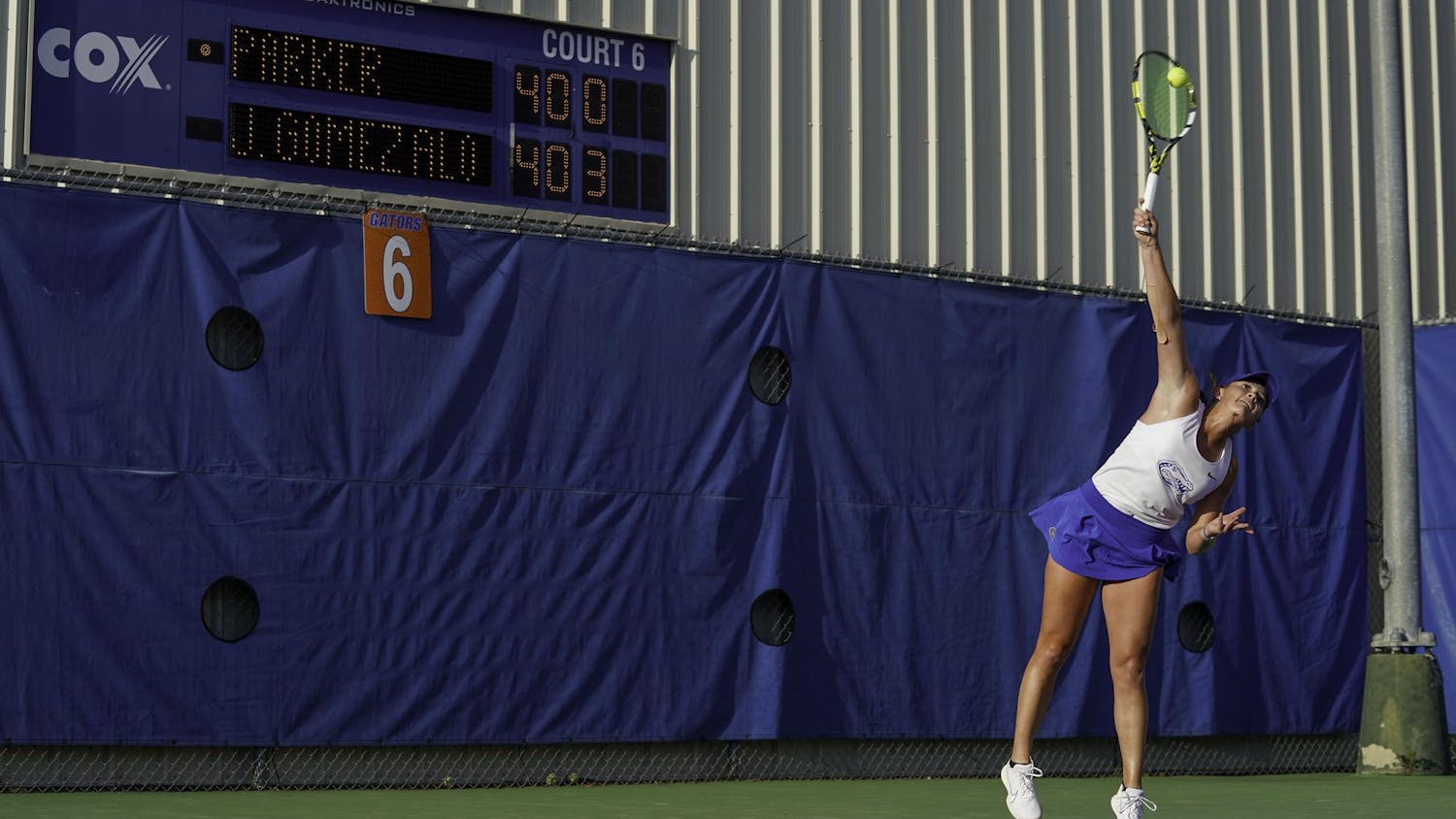As the latest debate between Hillary Clinton and Barack Obama dominates headlines across the country, one local race for the November general elections is just beginning to heat up.
Ocala resident Tim Cunha, a Democrat and former attorney, recently announced his intention to run against 19-year incumbant Cliff Stearns, a Republican, for the local U.S. House of Representatives seat.
District 6 - spanning upward from south of Ocala, through Gainesville and up to the Georgia border - has long been represented by Stearns, 67, who has won the seat in the last nine elections.
Yet Cunha, 57, said he hopes his background in law and his ideas for national policies will send voters to the polls with him in mind.
Since Stearns was elected to the House, he has backed mostly conservative ideals, and in recent years has supported almost all of the Bush administration's propositions.
According to The Washington Post's Congress Votes Database, 90.8 percent of his votes have followed the Republican majority.
But even though that track record may not fit Alachua County, which voted in the 2006 election for Stearns' Democratic opponent, Dave Bruderly, a press officer for Stearns said it's still too early for the congressman to begin his campaign.
Paul Flusche, Stearns' spokesman, said the congressman is focused on his job right now and has not yet thought about campaigning.
Even so, Stearns has already built up an enviable election fund. According to campaign finance reports published by the Center for Responsive Politics, a non-partisan research group, he has about $2.3 million in cash on hand - the fifth most by a U.S. representative for this year's elections.
Yet Cunha said he thinks his views, which he described as "representative of the great middle majority of Americans," will trump those of Stearns' moneyed "ultra-conservative playbook."
The former attorney of 30 years and part-time Rutgers professor said he has begun campaigning full-time to voters of all leanings.
"There's not some radical left-wing solution, and there's not some radical right-wing solution," he said. "People aren't just voting straight party lines anymore. They're thinking."





